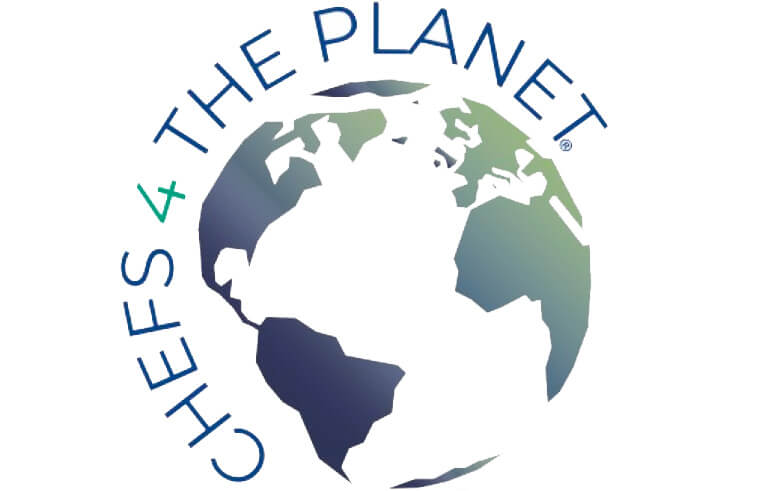The environmental impact of diets has once again sparked debate after a new campaign launched to counter Veganuary and suggest that simply cutting out animal products ignores other issues.
‘Regenuary’ was created by online butchery The Ethical Butcher and began as a social media post to challenge the environmental claims made by the Veganuary campaign and promote regenerative farming. Regenerative agriculture is a grassroots term used by farmers, both organic and non organic, who focus on improving the natural world while farming, rather than having a neutral or degenerative impact. They use livestock rather than chemicals to fertilise soil, and feed grass over imported soya.
The global Veganuary campaign encourages people to try a vegan diet throughout January, and on its website states: “We want a world without animal farms…where food production does not decimate forests, pollute rivers and oceans, exacerbate climate change and drive wild animal populations to extinction.”
In response, the Regenuary post pointed out the lack of transparency and energy used in ingredients in some processed vegan food, as well as the carbon footprint of some imported plants, such as avocados.
The campaign poses the challenge: “For a month, consider the impact of everything you eat and try to source as much as possible from regenerative agriculture, this works for a vegan or omnivorous diet.” Its first post reached almost a million people online and faced criticism of ‘vegan bashing’, prompting a follow-up post explaining the concept in more detail, including that the use of avocados was “illustrative”.
“Technically it is possible to partake in Veganuary while consuming Brazilian soy but this is not regenerative and therefore not Regenuary approved. We consider regeneration to be more important than simply avoiding a food group,” the campaign said, adding that it was “possible but not easy” to eat a regenerative vegan diet and would involve careful sourcing of seasonal ingredients.
Read the rest here: https://wickedleeks.riverford.co.uk/news/environment-ethics-farming-local-sourcing/regenuary-opens-debate-ethical-diets


